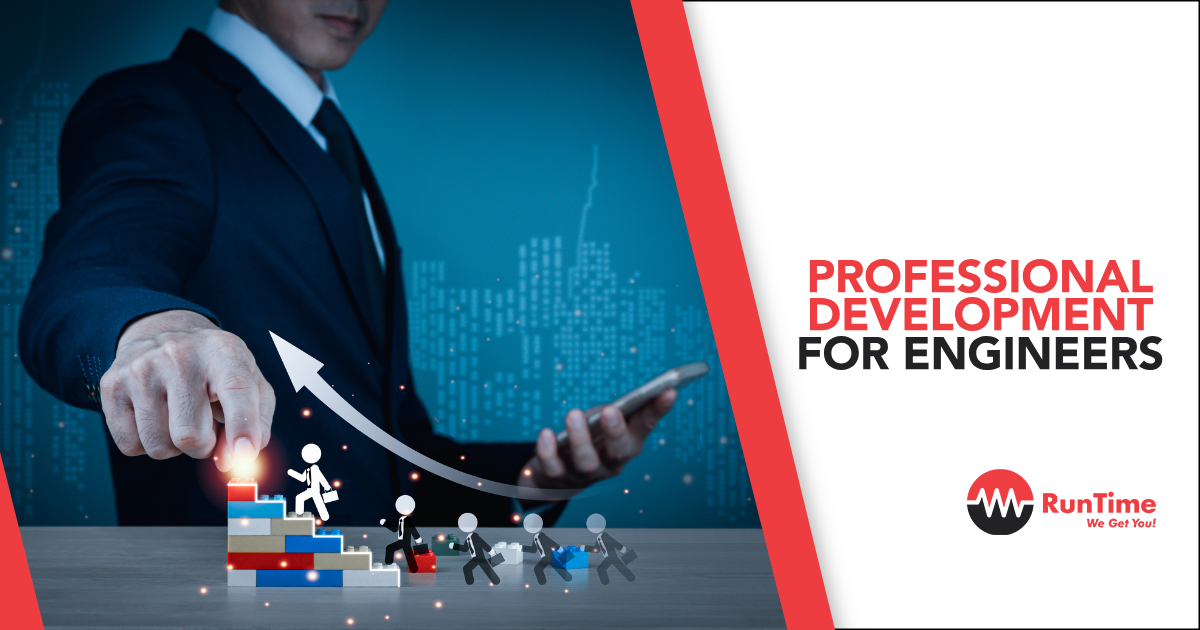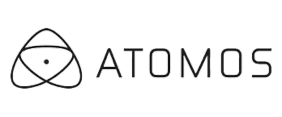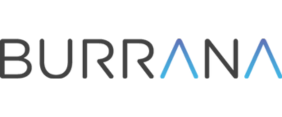Professional development — two words that encapsulate the journey every engineer embarks on from the moment they set foot in their first engineering class, extending far beyond the early years of their career. This journey is not a straight line but a labyrinth of continual learning, growth, adaptability, and transformation.
As engineers, we thrive on innovation and problem-solving. We are accustomed to evolving technologies, shifting paradigms, and emerging trends. To navigate this dynamic landscape, we need to be lifelong learners, always seeking to expand our knowledge, skills, and competencies. Let’s delve into the engineering of professional development.
Pillars of Professional Development: A Framework for Success
1. Technical Competence: Sharpening the Engineer’s Toolkit
At the heart of an engineer’s professional development is technical competence. It’s about deepening our knowledge in our area of expertise, keeping abreast of emerging trends and technologies, and honing our technical skills.
Continuing education, through advanced degrees or specialized courses, is a powerful tool for technical development. Many universities and institutions offer graduate programs and courses in various engineering disciplines. Online platforms like Coursera, edX, and LinkedIn Learning provide a wealth of courses in topics ranging from data analysis to machine learning to project management.
Certifications are another valuable tool. For software engineers, certifications in programming languages or platforms (like AWS Certified Solutions Architect or PMP Certification) can boost their skills and credibility. For civil engineers, a Professional Engineer (PE) license can open doors to advanced roles and responsibilities.
2. Soft Skills: The Essential Complement to Technical Skills
While technical competence is critical, it’s not enough. In today’s collaborative and multidisciplinary engineering environment, soft skills — communication, teamwork, problem-solving, leadership, and adaptability — are equally important.
These skills enable us to work effectively in teams, communicate our ideas clearly, lead projects, and navigate changes. They are the bridge that connects our technical skills with real-world challenges and solutions.
Training workshops, webinars, and online courses can help develop these skills. Also, practical experiences like team projects, leadership roles in professional or community organizations, and participation in multidisciplinary initiatives can provide valuable learning opportunities.
3. Networking: Building Professional Bridges
Networking is a powerful tool for professional development. It allows us to connect with our peers, learn from their experiences, gain new perspectives, and discover opportunities. It broadens our professional community, opens doors to collaborations, and enriches our learning.
Professional associations like the American Society of Civil Engineers (ASCE), Institute of Electrical and Electronics Engineers (IEEE), and American Institute of Chemical Engineers (AIChE) provide excellent networking platforms. They host conferences, seminars, and webinars, publish research and industry news, and provide resources for career development.
Social media platforms, particularly LinkedIn, are another valuable networking tool. They allow us to connect with professionals worldwide, participate in discussions, and stay updated with industry trends.
4. Mentorship: Guided Pathways to Growth
Mentorship, either as a mentor or a mentee, is a profound professional development experience. A mentor can provide guidance, feedback, and insights based on their experience. They can challenge our ideas, broaden our perspectives, and inspire us with their knowledge and wisdom.
As mentors, we deepen our understanding, improve our communication, and derive satisfaction from contributing to another person’s growth. Mentorship programs within organizations, professional associations, or alumni networks are excellent avenues for finding or becoming a mentor.
5. Lifelong Learning: The Engineer’s Pursuit of Knowledge
Professional development, ultimately, is about lifelong learning. It’s about nurturing our curiosity, exploring new ideas, and seeking knowledge. It’s about learning from our experiences — successes and failures — and continuously striving to improve.
Books, podcasts, webinars, MOOCs, and research articles are valuable resources for learning. But remember, learning isn’t always formal. Every project, every challenge, every interaction is a learning opportunity.
Engineering Your Professional Development: A Journey of Growth
Professional development for engineers is a journey of growth and transformation. It’s about expanding our technical competence, developing our soft skills, building our professional network, benefiting from mentorship, and embracing lifelong learning.
As engineers, we are problem-solvers, innovators, and creators. We have the tools and the mindset to engineer our professional development, to design a blueprint for lifelong learning and growth. So, let’s embrace this journey with curiosity, passion, and resilience. After all, we’re not just building our careers; we’re shaping the future of engineering.









